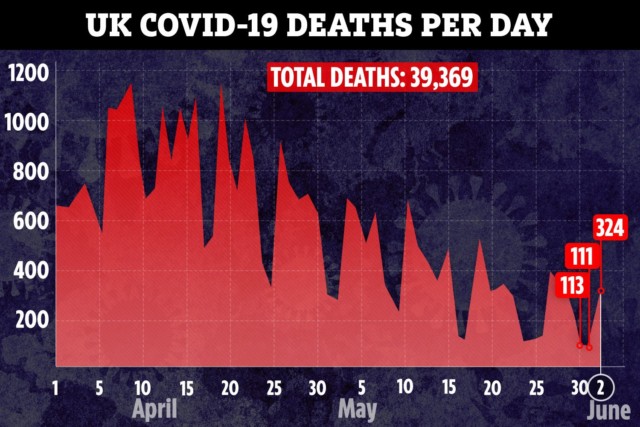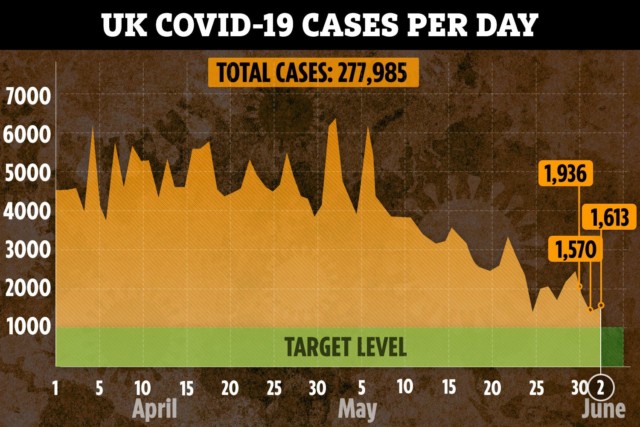OVER half of primary schools faced down hardline unions and reopened to kids this week, a survey has revealed.
It came as the Children’s Commissioner warned of the dangers of letting kids spend months “browsing Primark” while schools are still shut to millions.
Anne Longfield said some teenagers may drop out of school altogether because they have spent so long away from class.
Boris Johnson told England’s primaries to throw open the gates for nursery, reception and Years 1 and 6 after 10 weeks of lockdown.
He faced massive opposition from firebrand union chiefs and many northern councils who told their schools to stay shut.
Despite this, over a third (35 per cent) of schools opened on the terms laid out by the PM, a poll by the National Education Union found.
While a fifth (21 per cent) let more kids back to class but not all the year groups.
And 44 per cent of schools did not open more widely to any of the year groups, the poll of 10,953 schools found.
The North saw the largest number of schools rebel and not reopen fully on Monday.
Just 8 per cent fully reopened in the North West while the number was just 12 per cent in the North East.
It came as Ms Longfield warned of the devastating impact the school closures have had on kids’ education.
A staggering 8 million children will spend six months outside the classroom by September, she told MPs.
And with the shops reopening and summer on the horizon, children are even less likely to hit the books at home, she warned.
She told the education select committee: “We looked at figures of kids not going online that was before their parents went back to work, and before the sun came out for any length of time, and frankly before other things became more interesting.
“The shops will be open soon and kids could have spent two and a half months browsing Primark, but not been in school.”
She said teenagers will become “more and more” distracted and that poorer kids will slide yet further behind their wealthier classmates.
She said:“Those who are disadvantaged, who maybe have negative experiences of school, will have more time away from it.
“Some head teachers have said to me they stay up worrying about whether those children will ever come back because the leap that will need to get them back into school will be so vast.”











